About the Workshop
Although Jordan is the third most water-scarce country in the world, irrigation in agriculture just takes the simple “brute force” approach with excessive and wasteful flooding of crops. There is also no sensing or automation to take into account the unique requirements of different vegetables, soil, land, etc. However, one solution is micro-irrigation. It has two important advantages: (i) saving valuable water resources, and (ii) improving agricultural output by efficiently targeting irrigation to both crops and soil within small geographical areas. Now, unlike indoor micro-irrigation, there are new technical challenges which to be addressed within this project. So, we require real-time wireless sensing of localized soil sensor data (e.g., humidity, etc.) to monitor and control micro irrigation. Rather than building an expensive and complicated wireless sensor network (WSN) in a remote drought region, we propose to employ a small number of low cost, lightweight drones using simple energy-saving backscatter technology to harvest humidity data from energy-efficient soil sensors.
To ensure full coverage, the drones need to be wirelessly interconnected in an ad-hoc networked manner. Higher-level algorithms will ensure that trade-offs between the power, coverage, preferred trajectories and blockages are optimally managed. As either a centralized or distributed solution we require updated sensor readings in real-time to (algorithmically) estimate the best positions for active drones or the optimal landing spots for inactive ones. Such a dynamic topology will keep all parameters monitored/processed within a ground command and control node powered via renewable energy. The drones will be controlled via autopilots and the lack of processing, memory and power resources on board such devices means designing the computationally intensive aspects of the project to run on the green-powered centralized command and control node. This will ensure a fully scalable yet responsive solution to efficient micro-irrigation.
Main Objectives of the project
- To demonstrate the concept of real-time micro-irrigation for farms in dry areas in Jordan using drone-assisted wireless sensor networks that can lead to future patents and commercialization. This can be achieved via developing a full stack platform based on backscatter IoT sensor nodes that are connected to a centralized server across drone-based hubs and gateways.
- To communicate, engage, and promote these results to Jordan’s governmental organizations such as the ministry of water and irrigation and the ministry of agriculture. Both will be particularly concerned with possible future developments and the deployment of this irrigation technology.
- To analyze how this technology will improve agricultural output and provide water stocks, which in turn will result in a business case that attracts public and private investment in the future.
Organizers of the workshop
Organized by the Hashemite Univeristy and the University of Leeds.

Project leader: Dr. Ali Hayajneh
The Hashemite Universtiy
University of Leeds
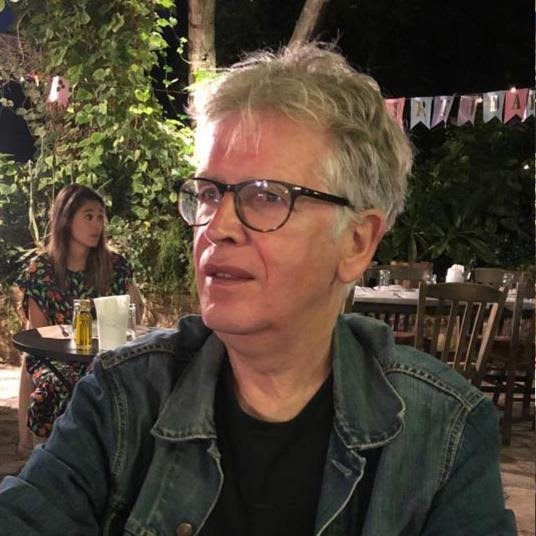
Des McLernon
The University of Leeds

Prof. Mohammad Amin Jarrah
MARS Robotics
Speakers
Organized by the Hashemite Univeristy and the University of Leeds.

Project leader: Dr. Ali Hayajneh
The Hashemite Universtiy
University of Leeds
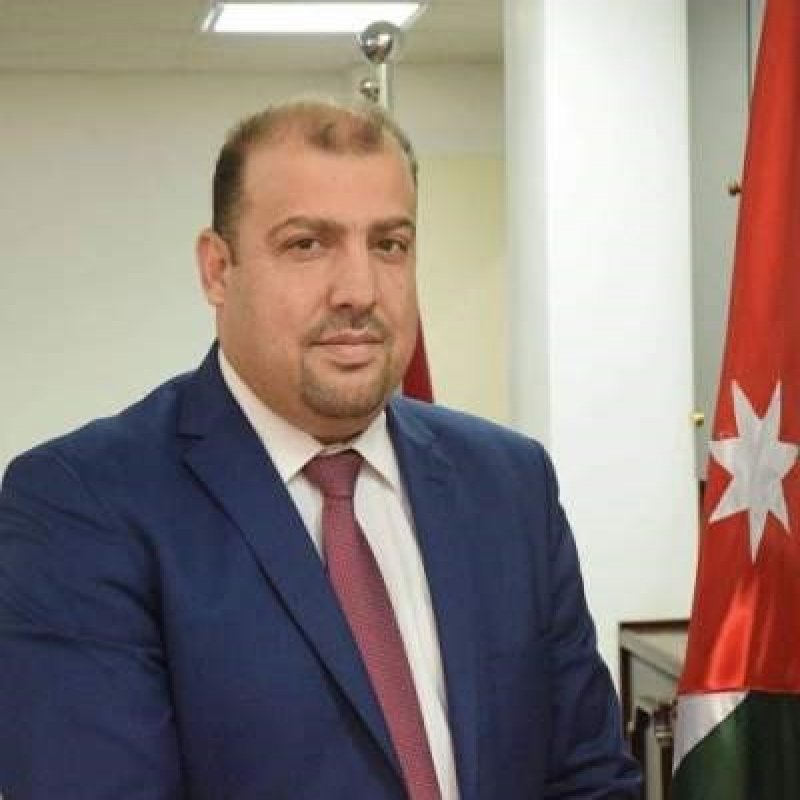
Awni Itradat
The Hashemite University, Dean of Faculty of Engineering

Des McLernon
The University of Leeds

Mrs Muna Zaqsaw
Newton-Khalidi Fund Manager, British Embassy-Amman

Prof. Mohammad Amin Jarrah
MARS Robotics
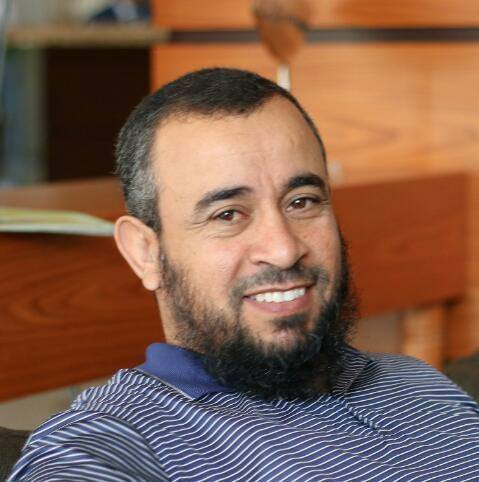
Dr Ahmad Aljaafreh
Tafila Technical University

Syed Ali Raza Zaidi
The University of Leeds

Dr Ashraf Ali
The Hashemite University
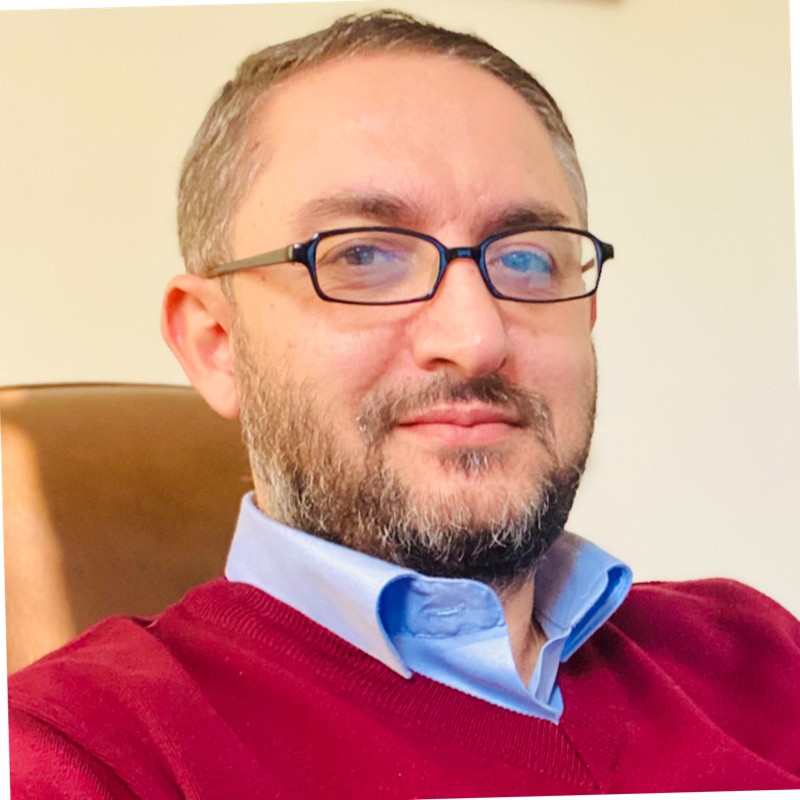
Dr Sahel Batayneh
National Agricultural Research Center (NARC)
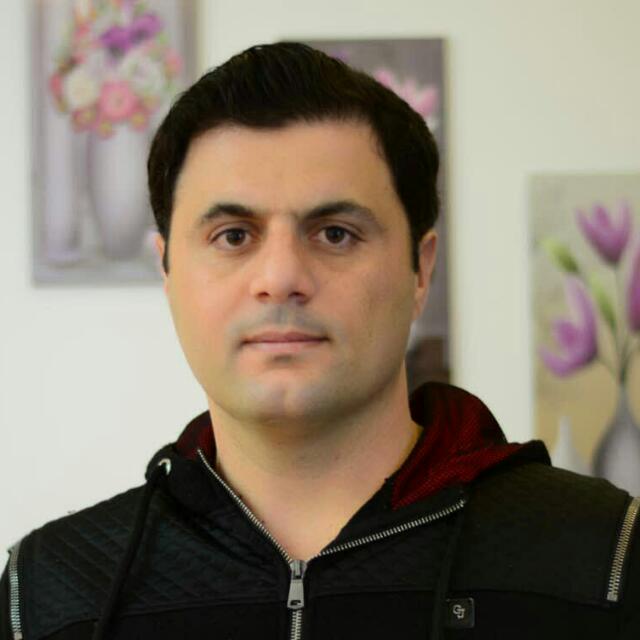
Dr Mohammad Hayajneh
The Hashemite University
Event Schedule
Here is our event schedule
Theme: Key Enabling Technologies for smart agriculture

Welcomming: Dr Ali Hayajneh
Openning and Project highlights

Talk: Prof Awni Itradat
TBA

Talk: Dr Des McLernon
Building UK Official Development Assistance (ODA) Projects with Overseas Countries

Talk: Mrs Muna Zaqsaw
Lessons earned from Newton-Khaldi projects, what is next

Talk Dr Ali Zaidi
Multi-sensor Agricultural Robot for Soils (MARS)

Talk Prof Mohammad Amin Aljarrah
Industry partner: MARSROBOTICS
Coffee break, posters and industry booths

Talk: Dr Mohamamad Hayajneh
The transition to farming 5.0 with AI and robotics

Talk: Dr Ashraf Ali
Machine learning as a mindset enhancing tool: agriculture and climate change

Talk: Dr Sahel Batayneh
The opportunities for smart agriculture in Jordan

Talk: Prof Ahmad Aljaafreh
Reinforcement Learning (RL) for smart agriculture applications

Closing: Dr Ali Hayajneh
Closing
Venue
Project venue location info and gallery
The faculty of Engineering, The Hashemite Univeristy
The Faculty of Engineering was established in August 1998. The faculty offers undergraduate and graduate degrees in eight programs. The bachelor's degrees are in Architecture, Civil, Electrical, Industrial, Biomedical, Mechanical, Computer, and Mechatronics Engineering. The Master programs offered by the faculty are Mechanical and Civil Engineering, Energy Systems, Maintenance Management and Testing Technology. On 28 August 2018, the faculty fulfilled the criteria of Accreditation Board for Engineering and Technology (ABET).
Sponsors




Register Now
Registration form for the Workshop.
Contact Us
You can contact Dr Ali Hayajneh the project leader
